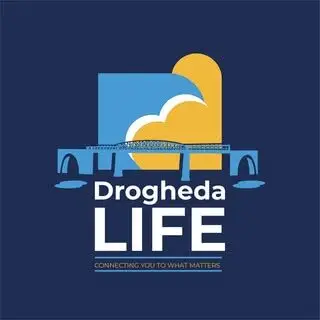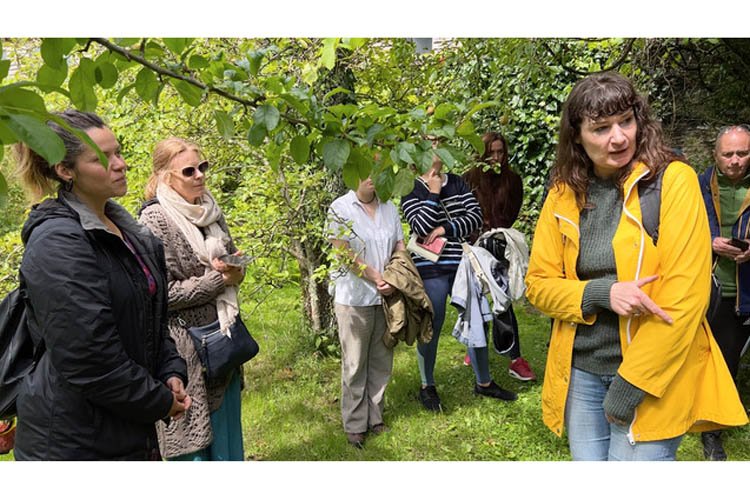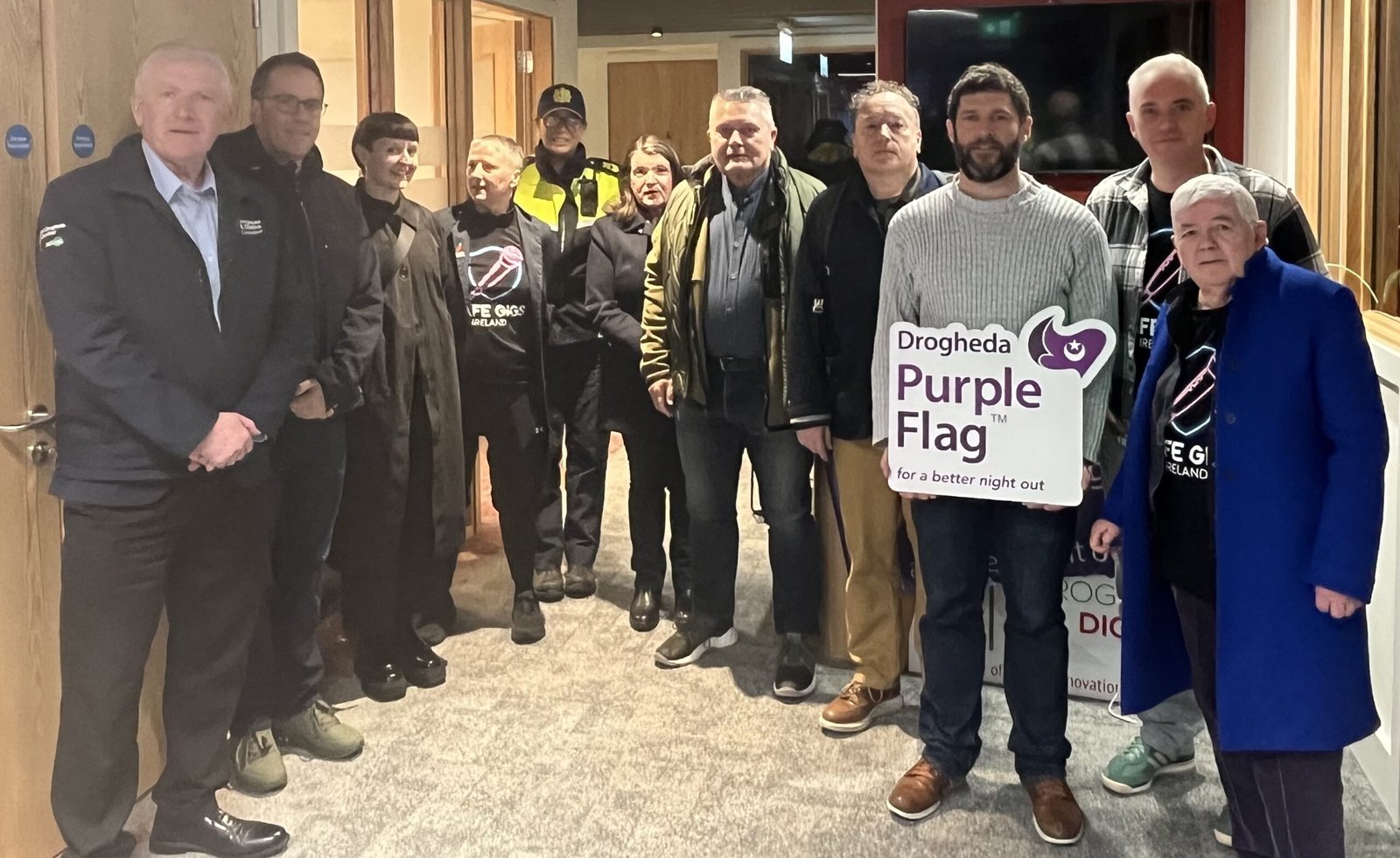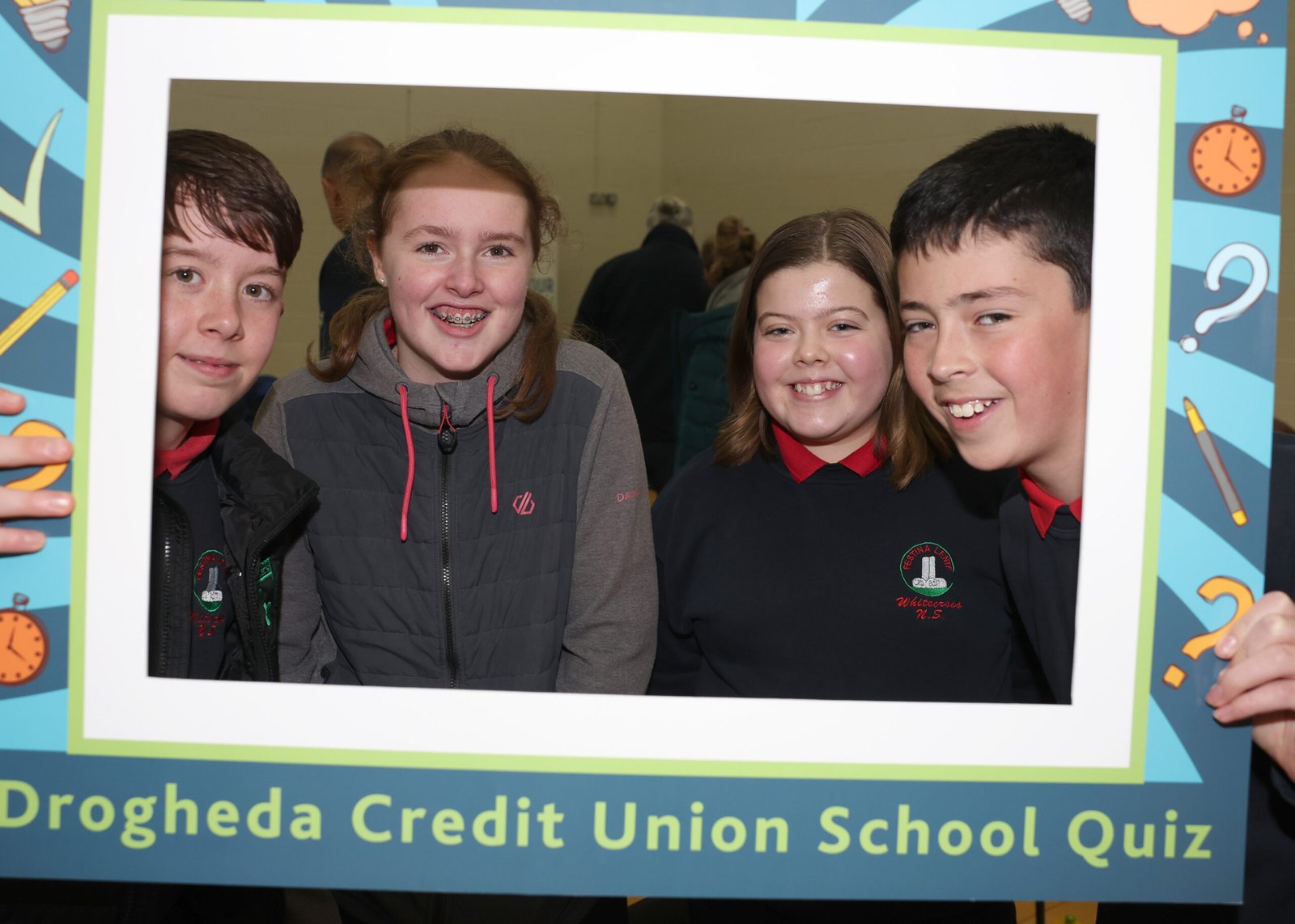As news stories of raging wild fires in Europe are followed by images of floods in India the climate crisis has moved from the academic warnings of scientists to a stark, undeniable reality. It has become clear that everyone – from policy makers, to individuals making daily choices about food, clothing, transport and heating – has a crucial role to play in the fight against accelerated climate change.
One area in which Irish people can make a change is in food consumption and this month has seen Sonairte, the National Ecology Centre of Ireland, host top chefs from Greece and Ireland to help lead the way.
A 2021 Public Health Nutrition study found that Ireland had the largest consumption of ultra-processed foods (UPFs) in Europe, after Belgium and the Netherlands, with the average Irish child consuming 22.5% of their daily calories from UPFs.
Added to this the fact that the average Irish person spends significantly more on eating out than the EU average. It’s clear, therefore, that sustainable food systems in Ireland are not just about what the average householder puts into the shopping trolley, but about the decisions that food service industry professionals make about what goes on the menus offered to a society hooked on dining out.
The Climate Aware Seasonal Kitchen (CASK) project is an EU-funded initiative under the Erasmus Plus programme. It brought together Sonairte, the National Ecology Centre of Ireland near Laytown, with EurAV – an Irish non-profit communications organisation from the same area and the Mediterranean Agronomics Institute of Chania (MAICh) in Crete – birthplace of the much-lauded Mediterranean Diet.
While Irish diners feast upon everything from Indian food to fish and chips, recipes from Mediterranean countries tend to top the bill when it comes to favourites. The CASK project has been exploring ways that this international flavour can be maintained in Ireland’s eateries, without relying on the imported ingredients associated with preparing such recipes.
“Earlier in the year, Visham Sumputh, the head chef of Dublin’s Etto restaurant and Jonathan Smith of the popular Ernestos in Rathmines, travelled with us to Crete to work with Giota Tsoupani, head chef at MAICh, and her team, to get to analyse the Mediterranean diet. Their task was to look at how the ethos rather than ingredients could be imported to Ireland,” explained Declan Cassidy of project partner organisations EurAV.
“Since then, the chefs have been collaborating online and the culmination was an incredibly successful series of events this month in Ireland where the Greek chefs travelled to Sonairte and worked with Visham and Jonathan to train a group of Irish chefs, cooks and other food service professionals in sustainable cooking, based on the Mediterranean diet, but using only Irish ingredients.”

The event included foraging for ingredients, identifying suitable alternatives for key Mediterranean ingredients – such as rapeseed oil to replace olive oil and rhubarb juice to replace lemon juice – and then ten recipes were cooked and presented to the public at an evening tasting event that found Sonairte’s long hall venue bursting at the seams.
“It has been a wonderful month for the CASK project,” said Declan. “Until this point, it has been theory based, but the workshops and tasting evening in Sonairte has put the proof into the pudding. We don’t need to import international ingredients, with the carbon cost that transporting food implies, to offer truly international ideas with local, seasonal and sustainable Irish ingredients.”
Another key theme of the CASK activities was to emphasise the importance of cultivating and using Irish ingredients to preserve our plant heritage.
“A visit to the average supermarket would make you think that there were only two or three types of apples – and those probably come from somewhere overseas,” explained Declan, “but Ireland has so many varieties of apples, potatoes and other fruits and veg that are native. By making the effort to look for these varieties or, better still, to grow them at home, we are preserving a part of our heritage and passing it on to future generations. If we don’t do this, these varieties will be lost forever.
The CASK project organisations are now working on capturing the training that took place this month and offering it on their website to other food service industry professionals – such as cooks and chefs – in a simple self-directed learning format.
“The food services industry is the largest employer of non-Irish nationals,” revealed Declan. “Many of these people don’t have English as a mother tongue, so the training will need to be accessible. It will be free and those who complete it successfully will be able to download a certificate that they can hang up in their workplace or at home to show that they have taken the time to learn about what they can do to promote a Climate Aware Seasonal Kitchen.”
The CASK website is https://caskproject.eu





